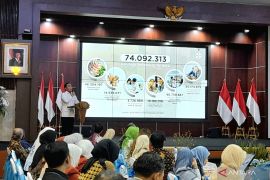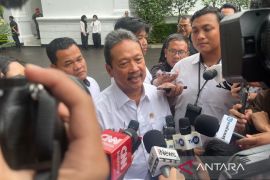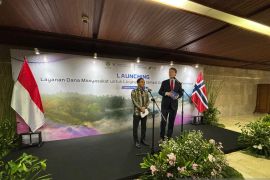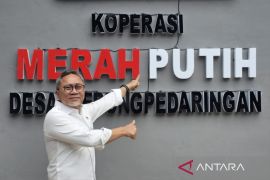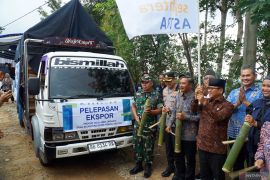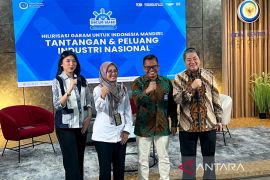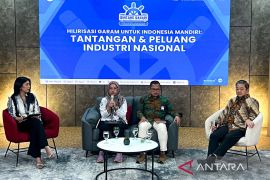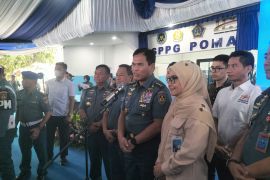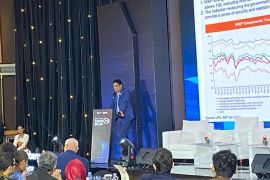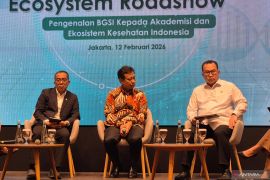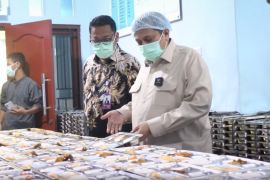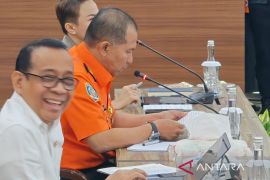Environment and Forestry Minister Siti Nurbaya hoped that the ratification of the convention be implemented before the first Conference of the Parties (COP-1) of Minamata Convention which will be held in September 24-29.
"The commitment to ratify Minamata Convention is part of the Indonesian governments responsibility to protect its people, not only the present but also future generations," she said.
On October 10, 2013, Indonesia has signed the Minamata Convention on mercury in Kumamoto, Japan.
The convention is made to manage the trades, products and processes, small-scale gold mining, mercury waste management, funding as well as technology transfer. Minamata Convention will enter into force on August 16, 2017, with currently 58 countries have ratified the convention.
Mercury is principally contained in the air and other substances around, but the largest source or about 37 of it released from small-scale and illegal gold mining.
Learning from mercury pollution tragedy in Minamata, according to Siti, Indonesia must seriously pay attention to the irresponsible circulation and use of mercury.
Given the great danger posed, President Joko Widodo has discussed about the elimination of mercury used in the small-scale gold mining (ASM).
The president then instructed immediate measures to prevent disasters caused by mercury contamination by reorganizing the ASM, within and outside the forest area.
Another measure to take is the discontinuation and prohibition of mercury use at the mine, which is subsequently tight and periodic surveillance of mercury use, at medium and large scale.
And finally, understanding and education to the public related to the dangers of mercury for health and the environment.
Social forestry program in KLHK, according to the president, can be one solution. The government has allocated 12.7 million hectares for community use to be managed productively while maintaining environmental sustainability.(*)
Editor: Heru Purwanto
Copyright © ANTARA 2017
